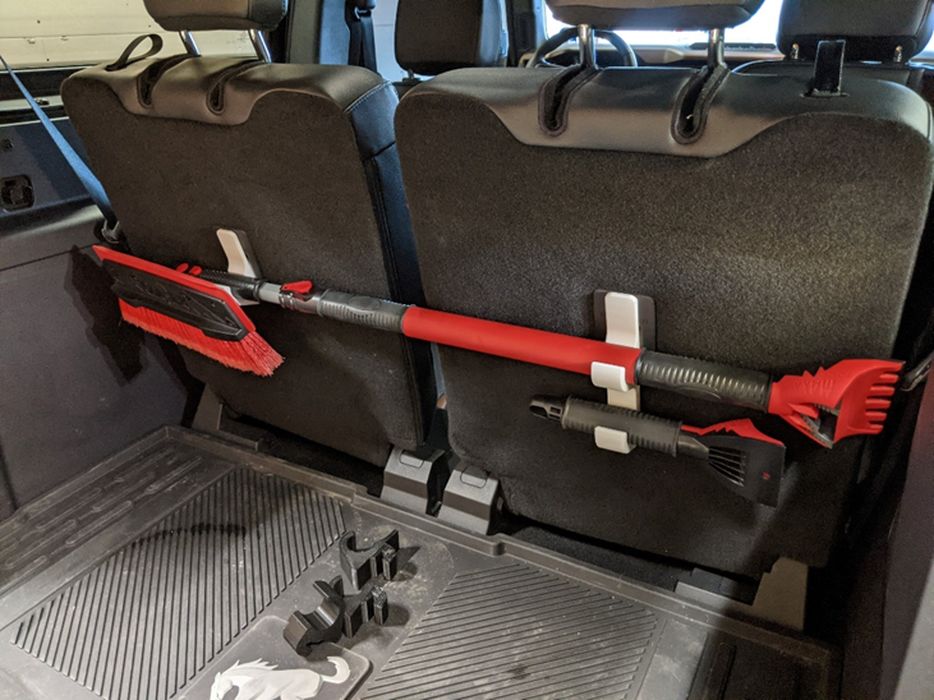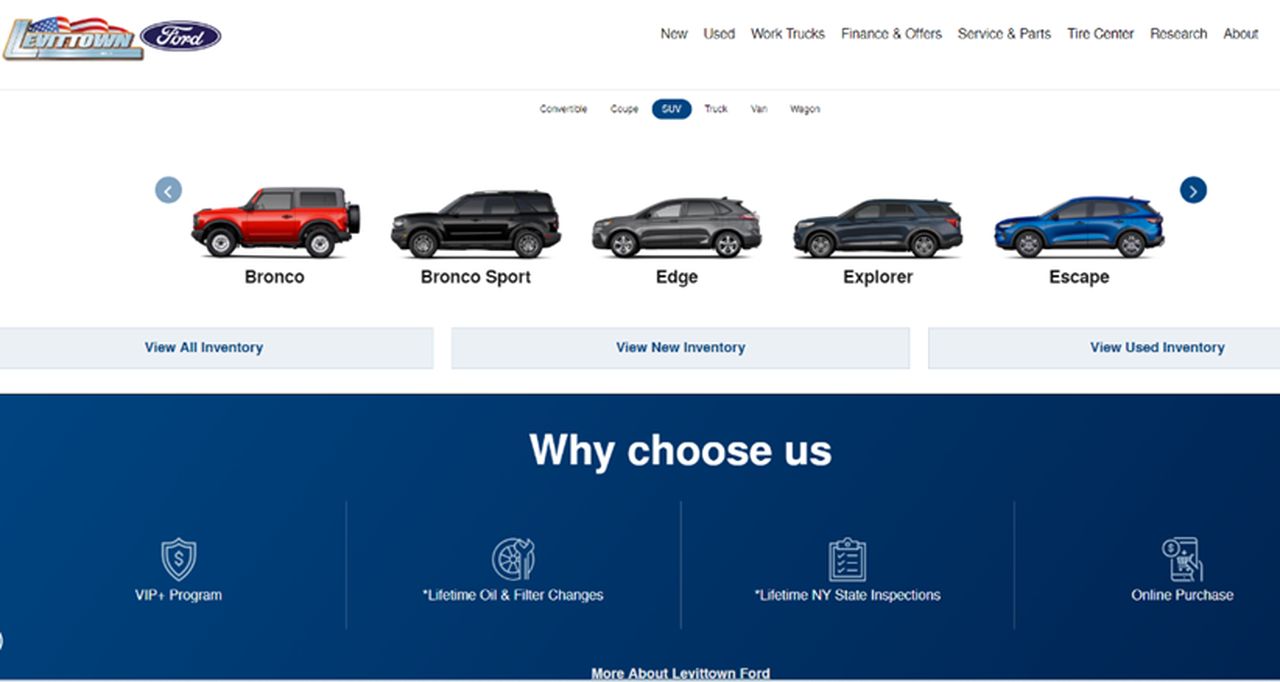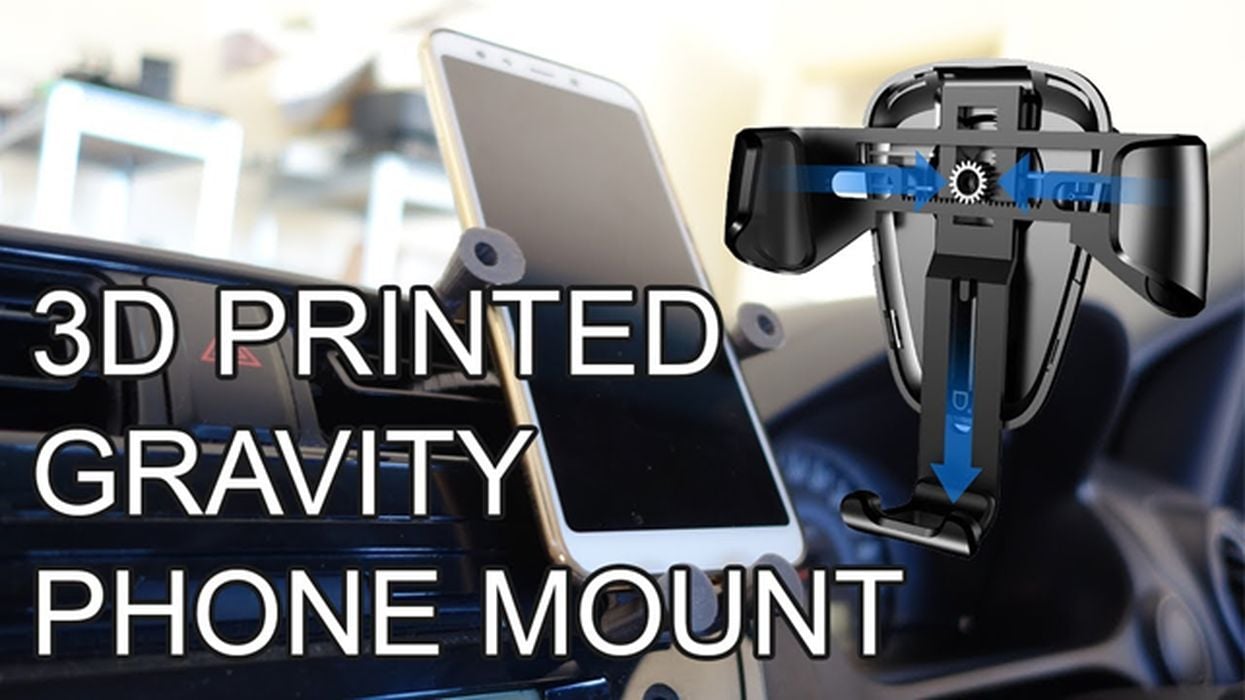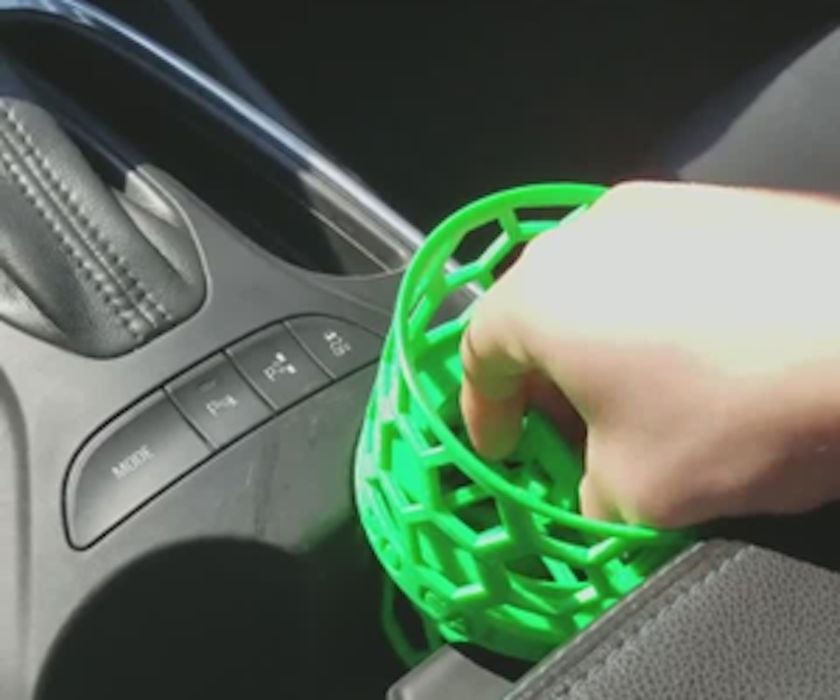
Charles R. Goulding and Preeti Sulibhavi look at how 3D printing can impact the consumer side of the automotive business.
The Ford Bronco is going bullish. With record quarterly sales of US$41.5B, up 20% from the same period a year ago, on shipments approaching 1.1 million vehicles, a 9% increase as well, the Ford Bronco has surpassed all its competitors in its class.
It doesn’t look like this trend is going to slow down anytime soon either. With the weather getting warmer and people more inclined to take to camping and other outdoor activities, the Ford Bronco is becoming more and more popular. You may have noticed the increasing number of Broncos on the road if you drive frequently.

Here in New York, the owner of Levittown Ford is a good friend of our firm and has been seeing a record number of sales of Broncos recently.

According to Joel Sporn, owner of the Levittown Ford dealership, “At Levittown Ford our customers are excited about the new Broncos, and we are delighted to be providing them.”
3D Printing and the Ford Bronco
Because the Ford Bronco is an all-terrain vehicle, some of the interior items may not be as “luxurious” or comfort prone as other vehicles. This is where we see the 3D printing industry taking an opportunity here by providing quality accessories for those adventurous Bronco owners. One site, dedicated to 3D printing Bronco accessories, displayed 3D printed snowbrush mounts for Ford Bronco backseats.

Other accessories we see as useful for this vehicle, and that can be 3D printed, are floor liners, cup holders and phone mounts or stands for hands-free driving.
The Research & Development Tax Credit
The now permanent Research and Development (R&D) Tax Credit is available for companies developing new or improved products, processes and/or software.
3D printing can help boost a company’s R&D Tax Credits. Wages for technical employees creating, testing and revising 3D printed prototypes can be included as a percentage of eligible time spent for the R&D Tax Credit. Similarly, when used as a method of improving a process, time spent integrating 3D printing hardware and software counts as an eligible activity. Lastly, when used for modeling and preproduction, the costs of filaments consumed during the development process may also be recovered.
Whether it is used for creating and testing prototypes or for final production, 3D printing is a great indicator that R&D Credit eligible activities are taking place. Companies implementing this technology at any point should consider taking advantage of R&D Tax Credits.
Conclusion
We see the rise in popularity of the Ford Bronco as an opportunity for the 3D printing industry to benefit from this trend. By offering customized, custom-fit, and high-quality items in less time, 3D printers are ideal for creating Bronco accessories. 3D printing can “forge ahead” with the Bronco on this ride.
